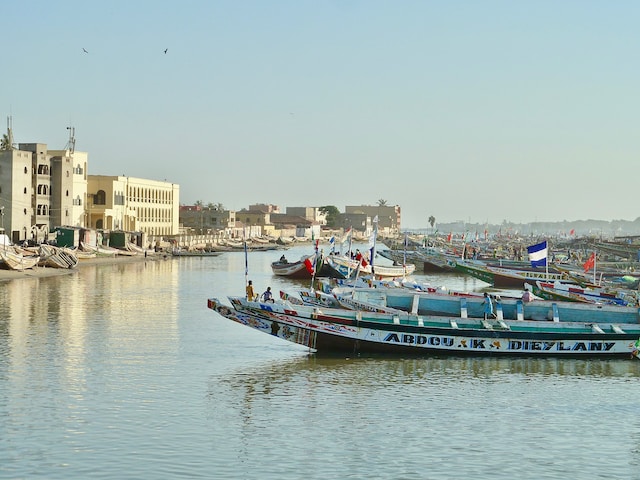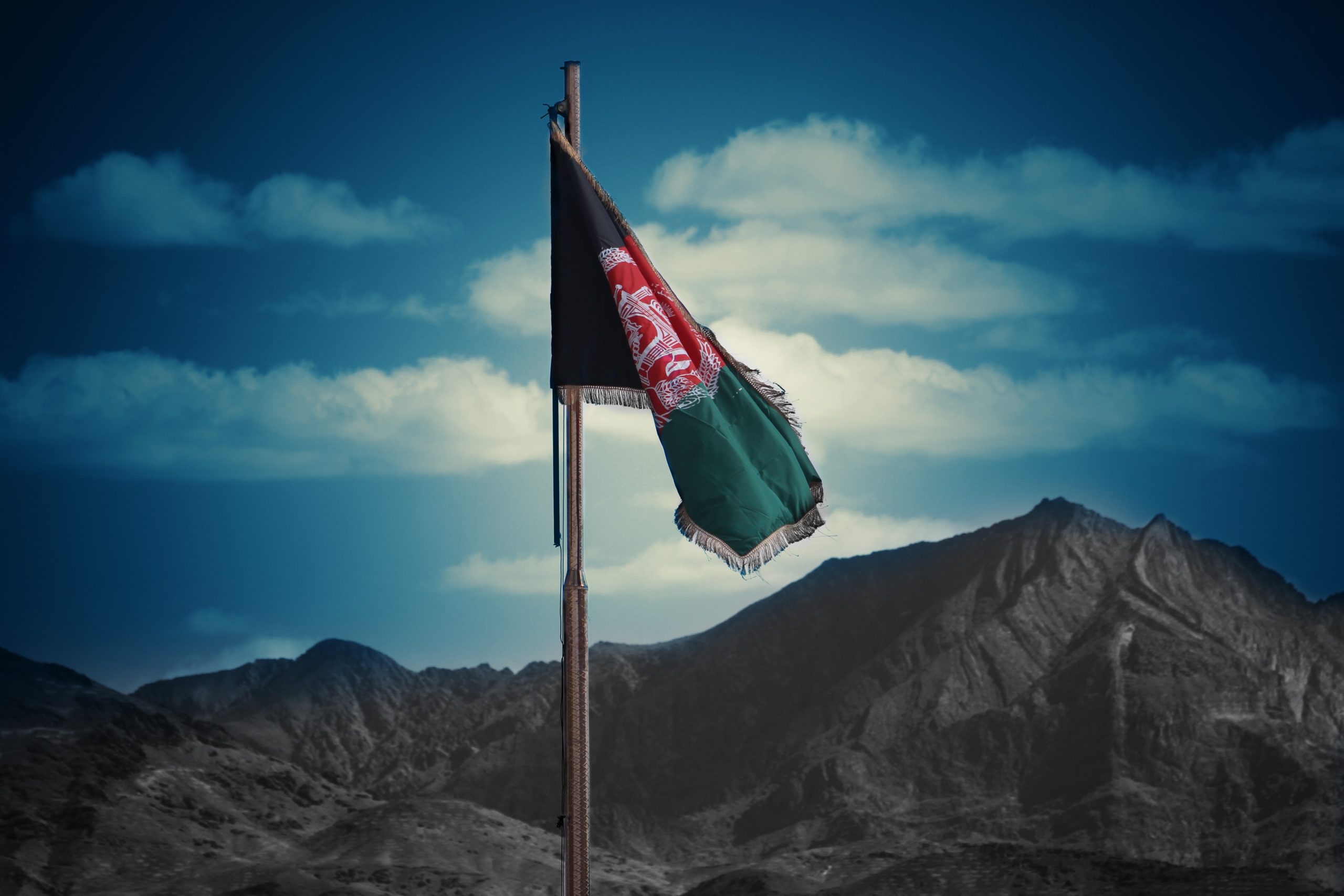The Ministry of Petroleum provides initiation and policy-making related to oil and gas production and the general energy industry. Besides monitoring exploration, production, and distribution activities, the department also ensures sustainable development of oil reserves in Sudan. It also supervises the activities of oil companies operating in Sudan concerning compliance with international and local laws. The department wants to protect the national interest and guarantee that oil production boosts the economy by regulating these operations.

Negotiating oil contracts with foreign businesses, particularly those engaged in drilling and exploration, is a vital task for the Ministry. Additionally, it guarantees that the distribution of Sudan’s oil earnings benefits the country’s citizens as well as the state. To ensure Sudan’s position in the world energy market, the department collaborates closely with other governmental entities and foreign partners.
Services offered
The department provides several key services to businesses operating in the petroleum industry, including:
Licensing and permitting
This function is related to the Issuance of Licenses by the department resulting from an oil firm’s involvement in the exploration, drilling, and production of oil. All oil and gas entities shall obtain the required licenses and permits from this Ministry before setting up a business in Sudan.
Regulation and compliance
The department ensures that oil and gas firms adhere to the operational norms, safety requirements, and environmental laws. It conducts audits and inspections to ensure compliance with Sudanese law and international standards
Resource management
The Ministry is responsible for the efficient and sustainable use of Sudan’s petroleum resources. It regulates petroleum product distribution, making sure that domestic demand is met by supply.
Investment facilitation
It also seeks to draw in and make it easier for foreigners to participate in the petroleum industry. It assists in making Sudan a desirable location for international businesses wishing to invest in infrastructure or oil exploration by providing incentives like tax exemptions or advantageous contract conditions.
Formulating policies
The Ministry often revises and executes policies designed to encourage the development of the petroleum industry. Additionally, it strives to bring the industry into line with market trends and international environmental requirements.
Business relevance and use cases
To operate in Sudan, companies in the petroleum sector must communicate with the Ministry of Petroleum. Oil exploration firms, refineries, and other petroleum-based enterprises must visit the department for a number of services and permits. These include acquiring operating licenses, fulfilling environmental regulations, and negotiating contracts with the government. To guarantee regulatory compliance and get the required licenses for construction and operation, companies engaged in energy infrastructure, such as refineries and pipelines, must also collaborate closely with the Ministry.
The Ministry is also essential for businesses looking to grow in Sudan’s oil industry. It is crucial to marketing Sudan’s petroleum sector to foreign investors, and the government has made efforts to draw in FDI. Dedicated partnerships and policies of the department serve to ensure that companies operating in the oil sector of Sudan have access to adequate resources and regulatory support.
Challenges and opportunities
Notwithstanding the significant job of the Ministry of Petroleum in the energy area, Sudan has confronted various difficulties. Oil income confronted a misfortune because of continuing political and financial disturbance in the country and loss of oil-producing regions after South Sudan severance in 2011. Notwithstanding, it keeps on looking for new roads of development through an expanded spotlight on drawing in foreign investment, expanded oil creation from existing fields, and new infrastructure advancement.
You may also find these articles helpful
Nigerian Export Promotion Council (NEPC)
Rwanda Development Bank (BRD)
Senegal Customs Administration (ADUANA)







